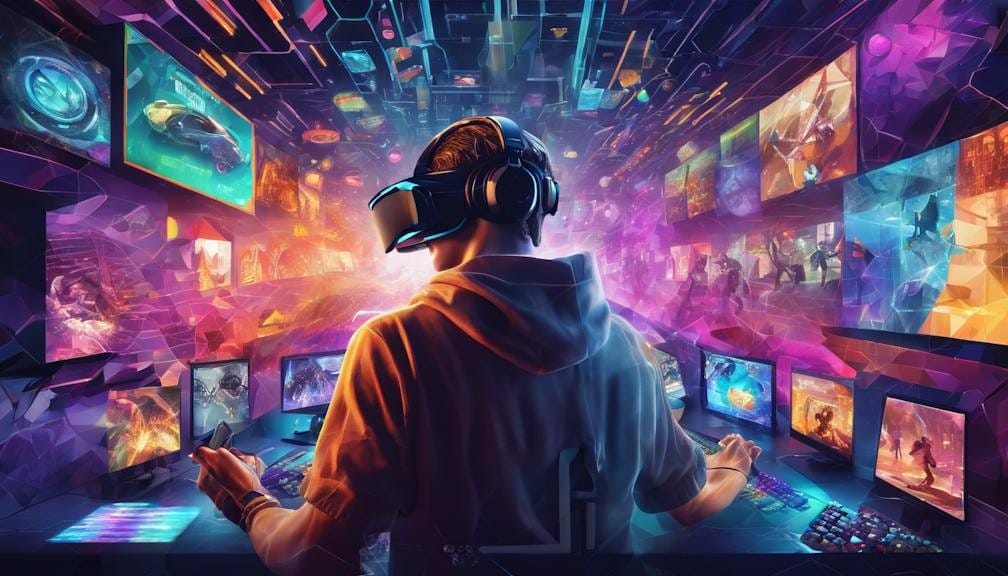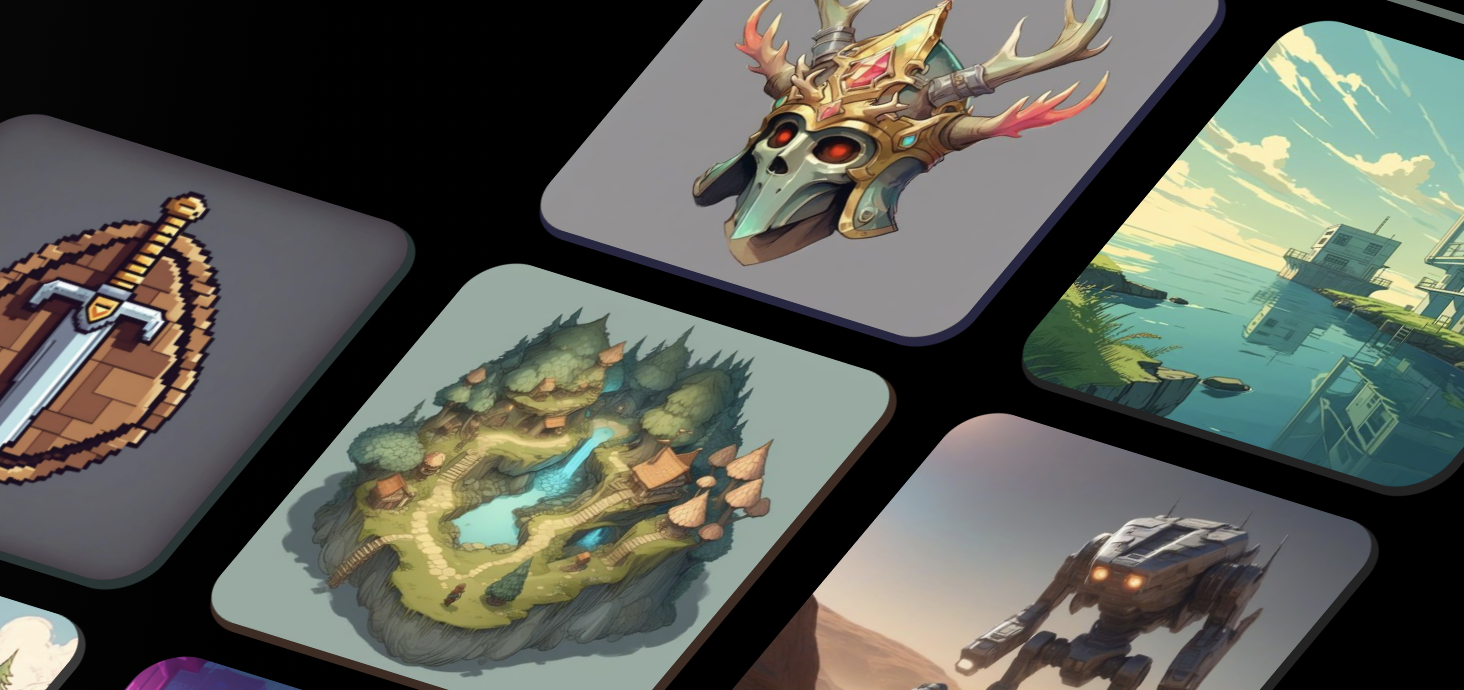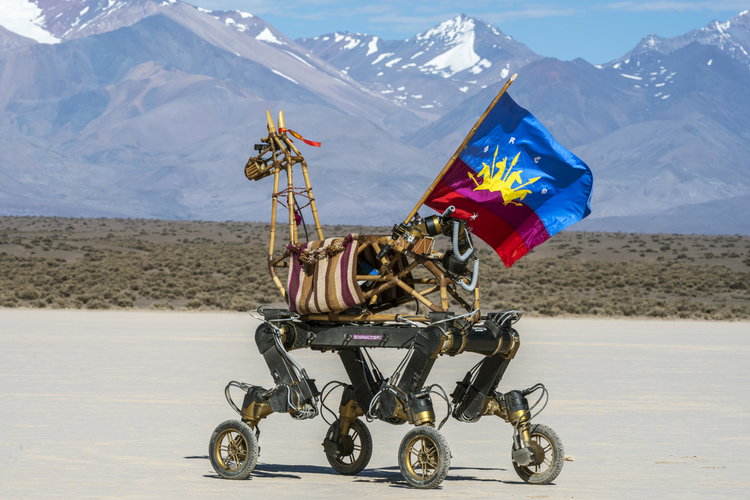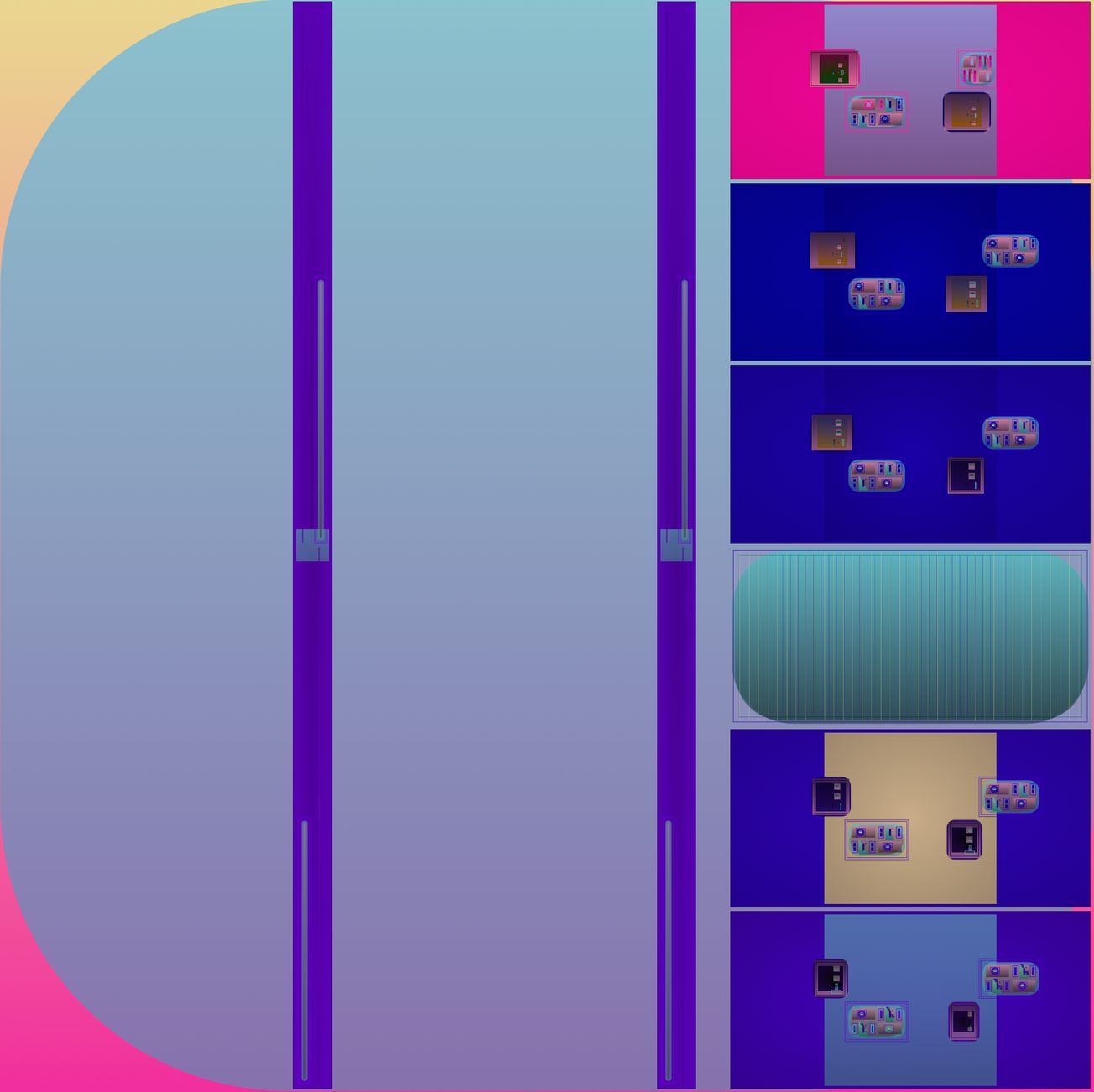The integration of generative AI in the gaming industry is moving full steam ahead at every level, creating opportunities for increased efficiency in automation, personalization, and immersive storytelling. Player experiences are transforming into dynamic, interactive narratives that respond to individual choices and preferences in real time. From world-building with procedural content generation and the crafting of nuanced non-player character (NPC) behaviors within modeling systems to automated testing for a better end-user experience, generative AI is having a broad impact on how games are conceptualized, built, and experienced.

Procedural content generation (PCG) has long been a staple in game development. Advancements in AI-powered tools allow developers to craft realistic landscapes and populate virtual worlds with diverse flora and fauna. PCG tools powered by AI algorithms save developers countless hours of manual labor while delivering dynamic and engaging gaming experiences. For example, Scenario is an AI-powered gaming asset generation tool that allows developers to create unique AI models. Scenario and numerous other tools currently on the market can shorten production time and reduce the need for certain technical expertise.

Non-player characters (NPC), a core component of many games, can add important narrative depth to the player experience. AI-driven behavior modeling systems can reduce video game writers' workload and add more complexity to NPC behaviors, such as dynamic reactions to player actions and learning and adapting over time. These tools can help developers create lifelike, dynamic, and immersive virtual worlds where NPCs feel truly alive. In 2023, Ubisoft released Ghostwriter, an AI tool to generate “barks” made by NPC’s during the course of a game from triggered events.

Understanding player behavior is fundamental (and fairly critical) for delivering tailored gaming experiences that resonate with individual preferences. AI-powered tools are able to analyze vast amounts of player data to predict behavior patterns, preferences, and playstyles. Developers can then use this data to personalize gameplay experiences, recommend content, and dynamically adjust game parameters to keep players engaged and immersed. Amongst its comprehensive set of AI tools for game development, Ludo.AI analyses player behavior and will adapt based on the player's skill level.
With generative AI entering into every level of game design and development, the future may be less about playing games and more about the experience of being and co-creating immersive worlds that grow, respond, adapt, and shift based on our unique interactions.








